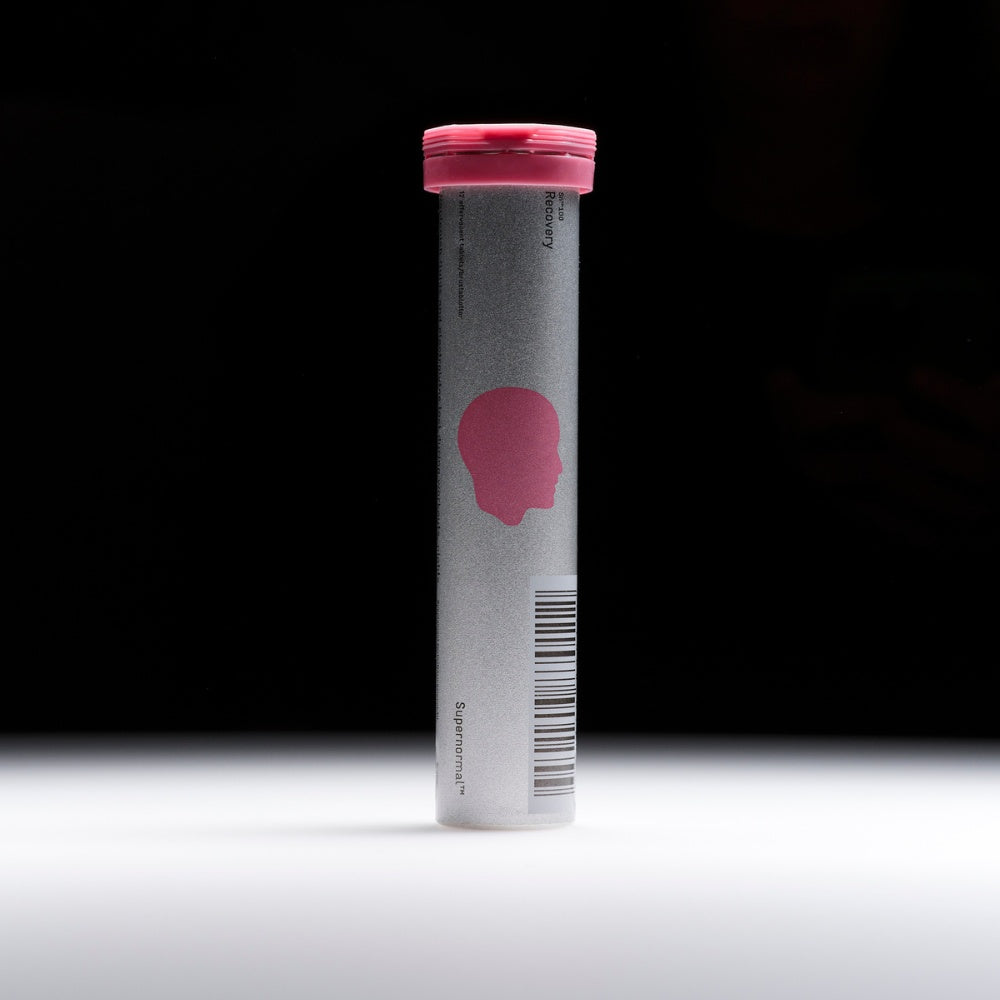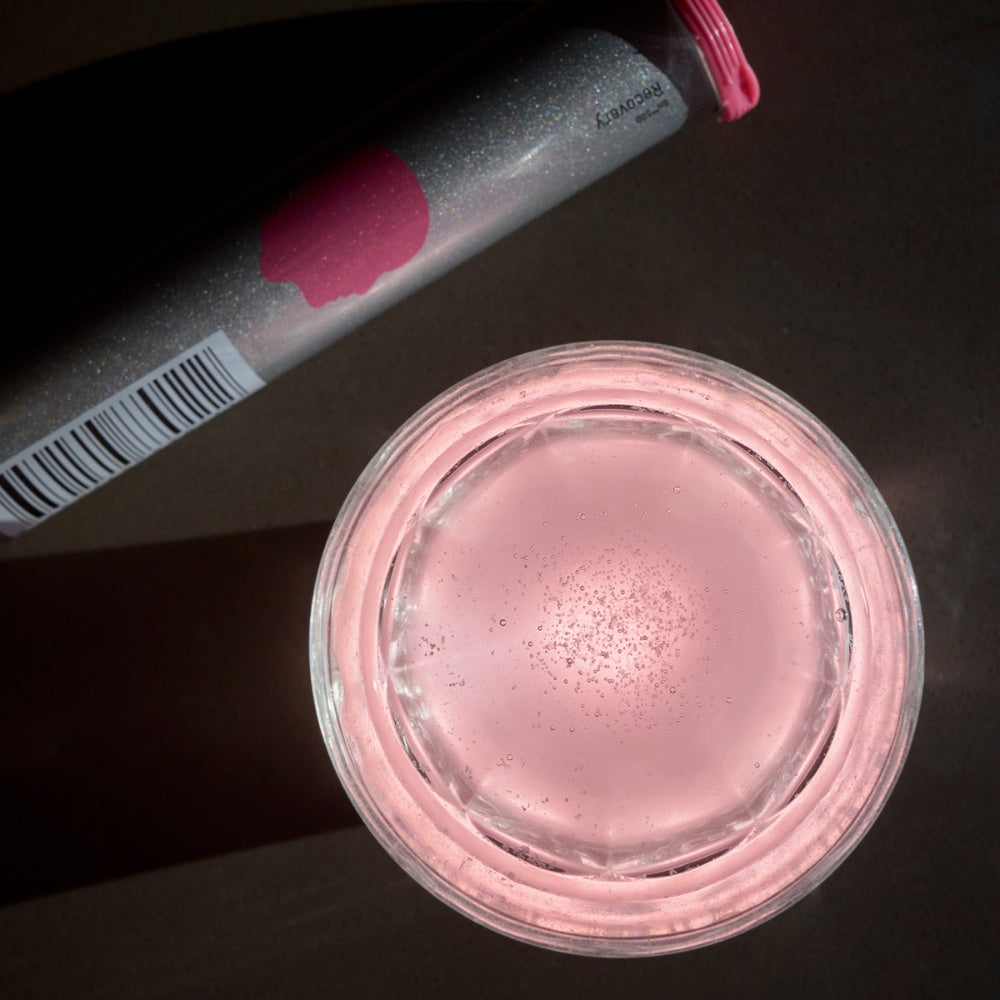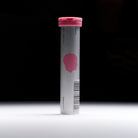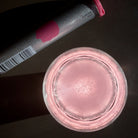Sn™100 Recovery™
Återställ din vätskebalans med den innovativa brustabletten Sn™100 Recovery™. Snabb återhämtning efter träning, sjukdom, utekvällar och långresor. Stöttar musklerna och minskar risken för muskelkramp.
Innehållsförteckning
Näringsinnehåll per tablett
Glukos: 15 mg (167% av RDI)
Natriumcitrat: 2 g
Natriumklorid: 200 mg
Kalium: 10 mg (100% av RDI)
Magnesium: 100 µg (33% av RDI)
Natrium: 1 g
Energi
12,2 kcal / 51 kJ
Kolhydrater
Totalt: 3,0 g
Referensintag:
*Reference daily intake / **Dagligt referensintag
Notera:
Överskrid inte den rekommenderade dagliga dosen. Kosttillskott bör inte användas som ett alternativ till en varierad och balanserad kost samt en hälsosam livsstil. Förvaras utom räckhåll för små barn.
Vad innehåller Recovery™?
Sn™100 Recovery
Sn™100 Recovery™ innehåller 12st kraftfulla brustabletter. Kombinationen består av näringsämnen för återhämtning efter träning. Varje tablett är laddad med glukos för snabb energi, natriumcitrat och natriumklorid för att återställa elektrolyter, kalium för muskelfunktion, och magnesium för att stödja muskelavslappning och återhämtning.
Aktiva ingredienser
Kalium
Hjälper till att reglera mängden vätska i kroppens celler och vävnader.
Glukos
Kroppens huvudsakliga energikälla
Magnesium
Underlättar muskelkontraktion och avslappning.
Natrium
Bidrar till att bibehålla elektrolytbalans och vätskebalans i kroppen.

Muskelfunktioner
Magnesium är en viktig mineral för musklernas välbefinnande och förebygger muskelkramper.
Cell- och vävnadsfunktioner
Glukos underlättar kroppens upptag av salter och ger musklerna snabb energi.
Vätskebalansen
Elektrolyter som natrium, kalium, kalcium och magnesium hjälper till att reglera och bibehålla en normal vätskebalans och vätskemängd i kroppen.
Energiomsättningen
De essentiella salterna i Sn™100 Recovery™ är nödvändiga för nervsystemet och främjar energiomsättningen i kroppen.
Nervimpulser och muskelkontraktioner
Natrium, kalium, kalcium, magnesium, klorid och fosfat har en elektrisk laddning och hjälper till att reglera nervimpulser och muskelkontraktioner.
Vanliga frågor
Vilka tecken finns det på uttorkning?
Uttorkning kan visa sig genom olika symtom, däribland överdriven törst, muntorrhet, mörkfärgad urin, trötthet, yrsel, huvudvärk, torr hud och muskelkramper.
Kan uttorkning orsaka muskelkramp?
Muskelkramp kan orsakas av olika faktorer, och uttorkning är en av dem. När kroppen förlorar mycket vätska genom exempelvis svettning, kräkningar eller diarré skapas en obalans i viktiga elektrolyter såsom natrium, kalium och kalcium. Dessa ämnen är nödvändiga för att musklerna ska fungera normalt.






